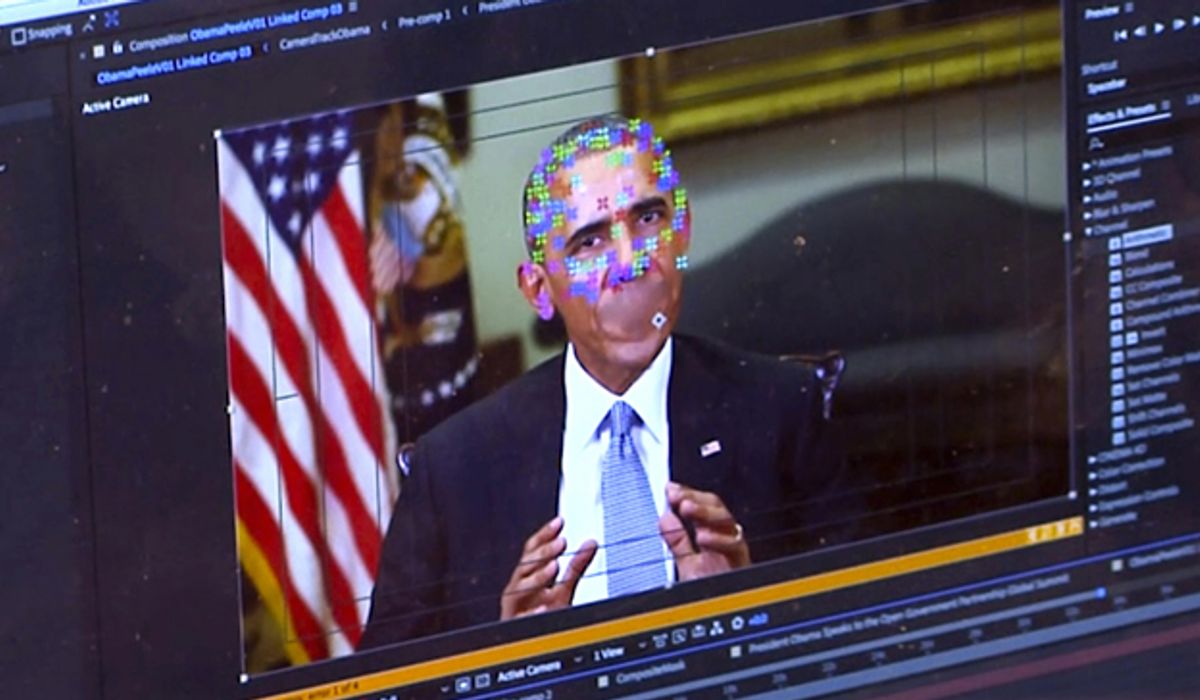China’s Computer Chip Exports Face New Restrictions from Commerce Department
October 18, 2023 | by Kaju

The Commerce Department announced new rules Tuesday to limit exports of advanced equipment, in a bid to prevent China from using U.S. technology for its military buildup.
The department’s Bureau of Industry and Security (BIS) released its updated export controls on advanced computing semiconductors and advanced microchip manufacturing equipment.
The Biden administration announced a year ago plans to restrict China’s access to such advanced goods.
Commerce Secretary Gina M. Raimondo said the new restrictions will seek to prevent China from obtaining critical technologies that could bolster the Chinese military.
“Today’s updated rules will increase effectiveness of our controls and further shut off pathways to evade our restrictions,” she said.
“These controls maintain our clear focus on military applications and confront the threats to our national security posed by the PRC government’s military-civil fusion strategy.”
The rules will solidify controls put in place on Oct. 7, 2022, that limit companies in China from both purchasing and manufacturing certain high-end microchips “critical for military advantage,” the BIS said in a statement.
The rules are designed to close loopholes that have allowed Chinese industries to make integrated circuits used in advanced weapons, such as military artificial intelligence and quantum computing systems.
“Advanced AI capabilities — facilitated by supercomputing, built on advanced semiconductors – present U.S. national security concerns because they can be used to improve the speed and accuracy of military decision making, planning, and logistics,” the BIS statement said.
The Pentagon’s forthcoming annual report on the Chinese military is expected to include sections on advanced weapons being developed by China as part of a large-scale military buildup.
China also can use the technology for what BIS said is “cognitive electronic warfare, radar, signals intelligence, and jamming.”
Cognitive warfare, or brain warfare, is a military capability on which security analysts say China leads the world. That type of warfare includes weapons capable of affecting the thinking of leaders or populations or tools designed to influence both targets.
“These capabilities can also create concerns when they are used to support facial recognition surveillance systems for human rights violations and abuses,” the statement said.
Three new export control rules will take effect Nov. 16.
They further identify the performance parameters of advanced chips to be banned from sale to China, and also include a feature that is aimed at preventing “workarounds” that allow the chips to be sold to China.
The new rules also expand license requirements for advanced chips by denying sales to 22 nations under U.S. arms embargo, including China and Macao.
Thirteen Chinese chip manufacturers were added to the BIS “entities list” of blacklisted companies that cannot have access to advanced U.S. chip technology.
Thea D. Rozman Kendler, assistant commerce secretary for export administration, said the new controls are aimed at showing global leadership in regulating technologies with military applications.
“These technologies inherently serve as force multipliers for humanitarian good and also for undermining global security and advancing repression,” she said.
“By imposing stringent license requirements, we ensure that those seeking to obtain powerful advanced chips and chip manufacturing equipment will not use these technologies to undermine U.S. national security.
Chinese officials opposed the microchip export controls during recent meetings in China with Ms. Raimondo, the commerce secretary.
China in July announced its export controls on sales of two rare earth metals, gallium and germanium, in apparent retaliation for the computer equipment controls.
The metals are used in producing electric vehicles, wind turbines, solar panels, and high-tech defense weapons.
U.S.-China trade relations are expected to be a topic of discussion in November during a potential meeting between President Biden and Chinese President Xi Jinping at a summit of Asia-Pacific leaders in San Francisco.
Commerce stepped up restricting semiconductor-related technology to China in 2018 and 2019 with BIS announcing curbs on two Chinese telecommunications firms, Zhongxing Telecommunications Equipment Corporation (ZTE) and Huawei Technologies.
Huawei was able to circumvent some of the controls by contracting production in overseas foundries using U.S. equipment.
The new controls are designed to prevent those policies.
The 2022 export controls were described by the Semiconductor Industry Association as “among the most novel and complex” restrictions attempted by the government.
The effectiveness of the U.S. controls will depend on foreign support, according to a recent Congressional Research Service report.
The report said the United States remains the leader of the global semiconductor equipment industry, with three of the top five manufacturers based in the U.S.
Two other nations, Japan and the Netherlands, produce most of the rest of the world’s semiconductor equipment and both nations’ governments agreed to coordinate controls with the U.S.
RELATED POSTS
View all


